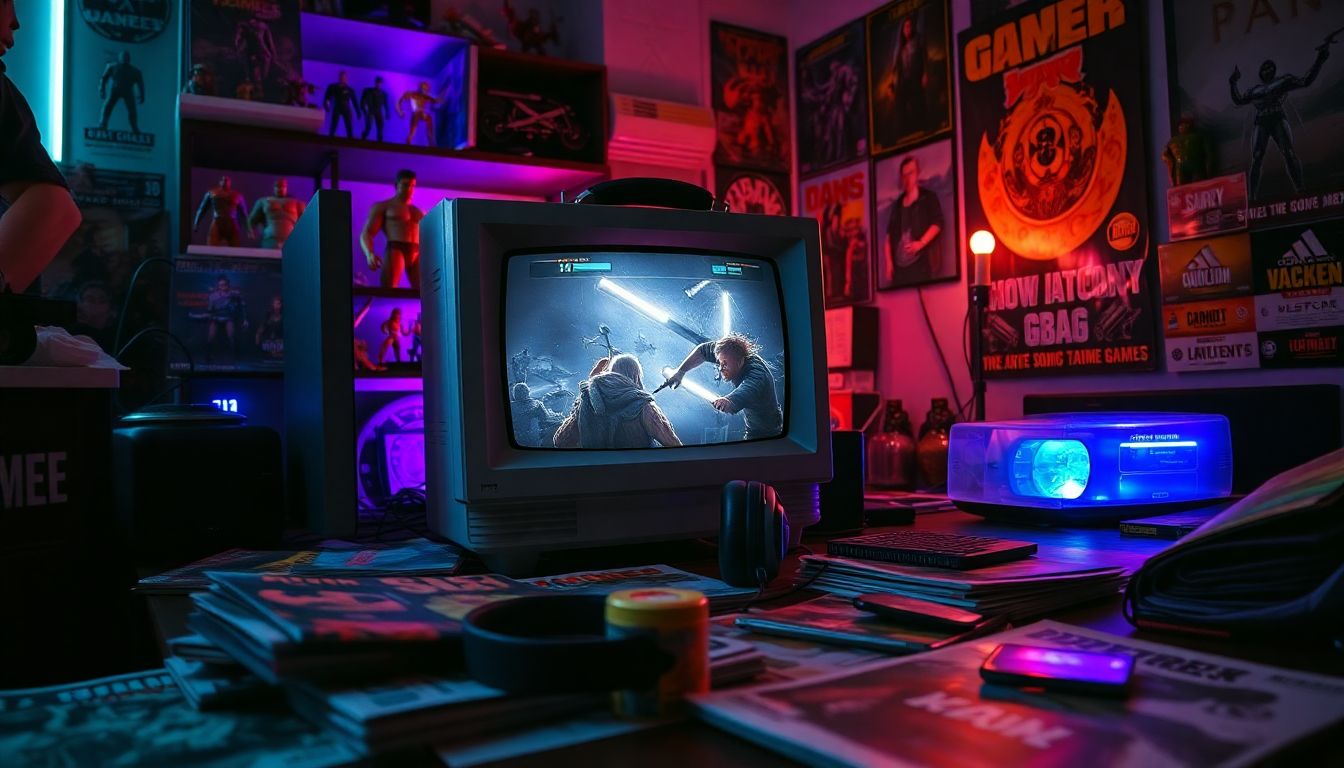A sheer sense of not being in control, one you’ll recognize if you have any memories of being a kid. Freedom in Despelote is always gained via football. You run out of school to kick around with friends for a game, passing with the right-stick and kicking the ball so that it goes flying with satisfying solidity. You even do it at family reunions, kicking a balloon, or whatever is lying around, just to get your football fix. Wedges of grown-up chatter whizz by you, but Julian’s never directly implicated—just passively eavesdropping, an outsider to the world of adults. These flash-forwards to adult speech provide a soothing, ambient background while you drive or play out a game of Tino Tini’s Soccer 99—a nod to 1994’s Dino Dini’s Soccer. The Ecuador World Cup qualifying matches themselves are a low-key background murmur in the novel, sensed largely in fleeting moments. You catch glimpses of the matches through shop windows, or on the wireless. The impression is that football dominates the space—monumental, melodramatic—but ever mediated by the small-eye of a kid.
Short inter-chapter vignettes are the exceptions, in which voiceovers tell more of Ecuador’s World Cup quest.
In 2001, when the country of Ecuador was in the midst of an economic crisis and had never qualified for the World Cup, these were particularly significant moments. Even at points, the voiceover pops the fourth wall and provides some idea of how the game itself was constructed. Despelote is autobiographical but not deferentially so; it attempts to be faithful to the designer’s childhood experience rather than detailing every small detail in a tightly faithful way. Taking only slightly more than two hours to run, literal detail has little room in which to breathe. The strength of the game is that it is able to convey a sense of being there, without having you stuck in the mud on details.
Football and footballing speak the same vocabulary as Despelote, but it also speaks tidily in the vocabulary of the video game.
This is most apparent in the in-game football simulation, Tino Tini, which creates some of Despelote‘s most memorable scenes. The game also benefits with medium-specific narrative tools. In some ways, it feels like the inevitable culmination of the hypercutting of Blendo Games’ Thirty Flights of Loving. But it’s entirely its own work, cribbing from comics and cinéma vérité but existing in ways that only video games can. Maybe my passion for Despelote comes from my own personal experiences playing football.
My childhood is punctuated by hundreds of hours of playing Sensible Soccer or kickabouts in the park with my mates, and providing our own commentary and dreaming we were football regens from our Championship Manager games. When I was dreaming, so too did I dream about football. If you’ve never felt that degree of identification with the sport, Despelote might just help you understand why it means as much to them as it does. On a more micro level, it is also a welcome antidote to the UK’s too-frequently commercialized football culture, one so clearly defined by the Premier League’s multimillion-pound stars and politically driven sportswashing initiatives.
Even where Despelote speaks most directly to us already nearest to football in our hearts, that is not a fault. In a gaming industry so often controlled by genre tropes and young adult novel clichés, it’s something of an indulgence to be able to play a game that exists so unapologetically, so emotionally grounded, and so deeply true.
